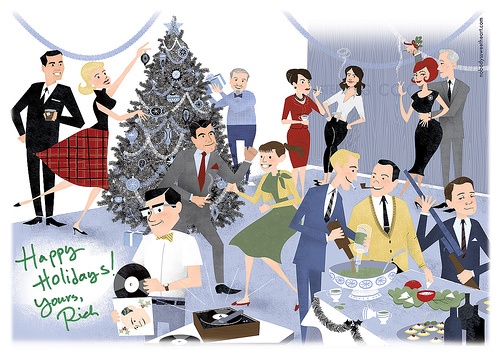With budgets stretched and attendance down, more and more employers seem to be doing away with face-to-face employee benefits open enrollment meetings. That's a shame, especially since healthcare coverage options are more complicated than ever before.
This drop in attendance and lack of interest in holding benefit information sessions is all the more surprising considering that healthcare literacy is still at alarming low rates. One would think that this knowledge gap would trigger anxieties which would motivate more of the workforce to attend these annual benefit presentations.
So what can employers do to help bridge this education divide? After all, if employees aren't educated on things such as HDHPs with HSAs, Limited Purpose FSAs, or even telemedicine, then how will they ever embrace these benefit options - all of which are becoming more and more popular with employers and employees alike.
Here are some employee engagement ideas you might want to try in an attempt to reengage and educate your workforce during open enrollment season;
1. Go Digital.
For better or worse, mobile devices are in our hands throughout the day. Take advantage of this and reach out to your employees through one (or several) streams.
- Send a text message telling employees that open enrollment is coming and reminding them to read their product literature and talk to their spouses so they’ll be ready to enroll.
- Ask them questions via email beforehand, as well as during the meeting. Try a Poll Everywhere, Kahoot, or Google Forms format to engage employees and encourage participation. These tools allow employees to answer questions anonymously while you tally responses. This is a great way to find out, in real time, which topics merit more attention, especially if employees demonstrate a lack of understanding about a particular benefit.




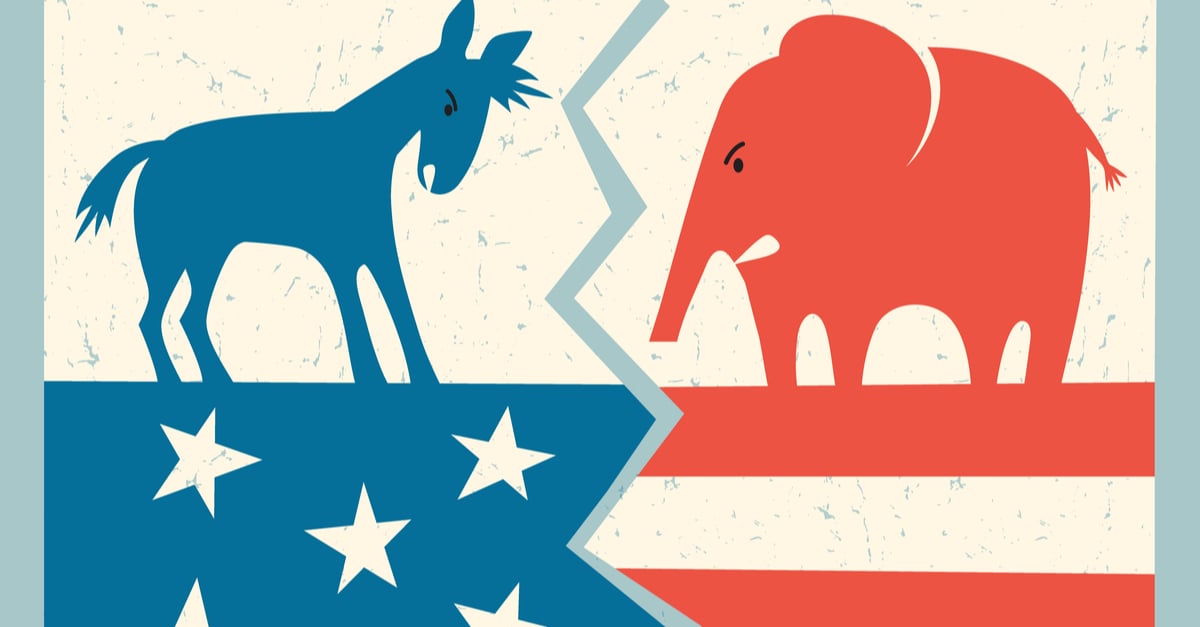

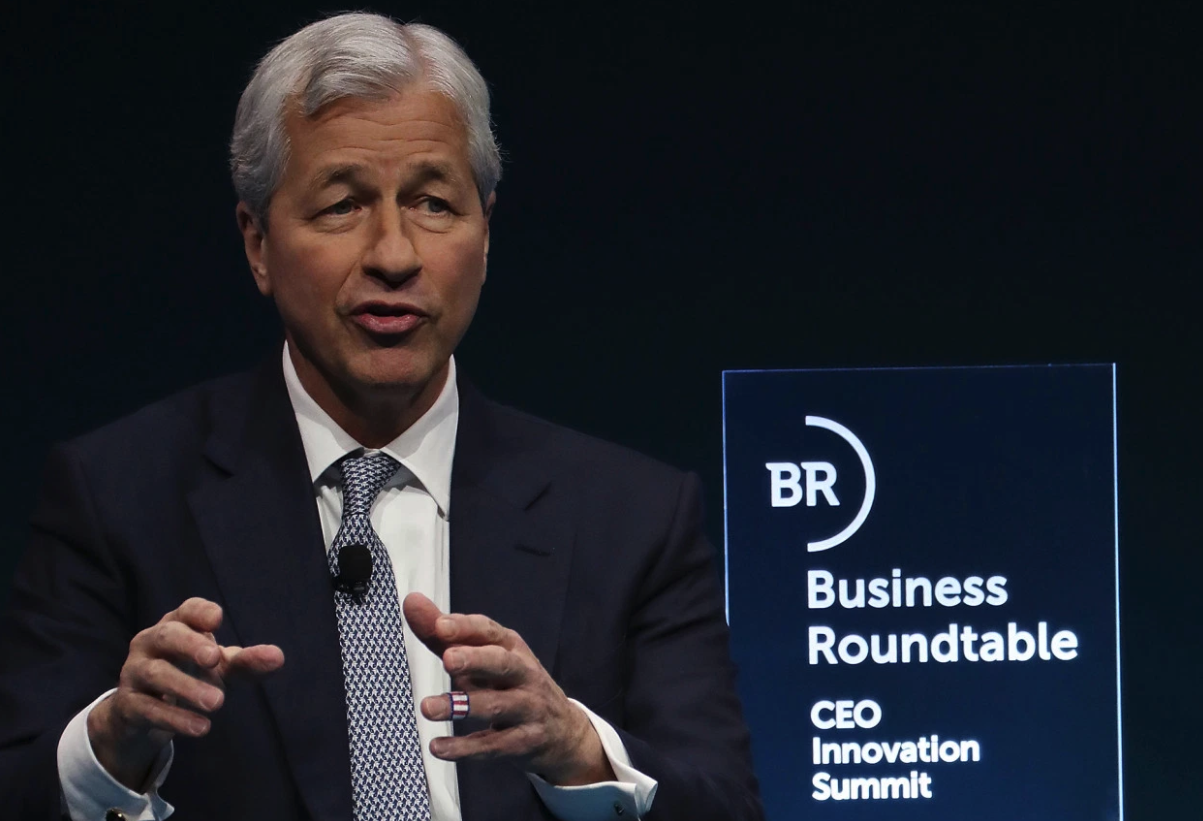
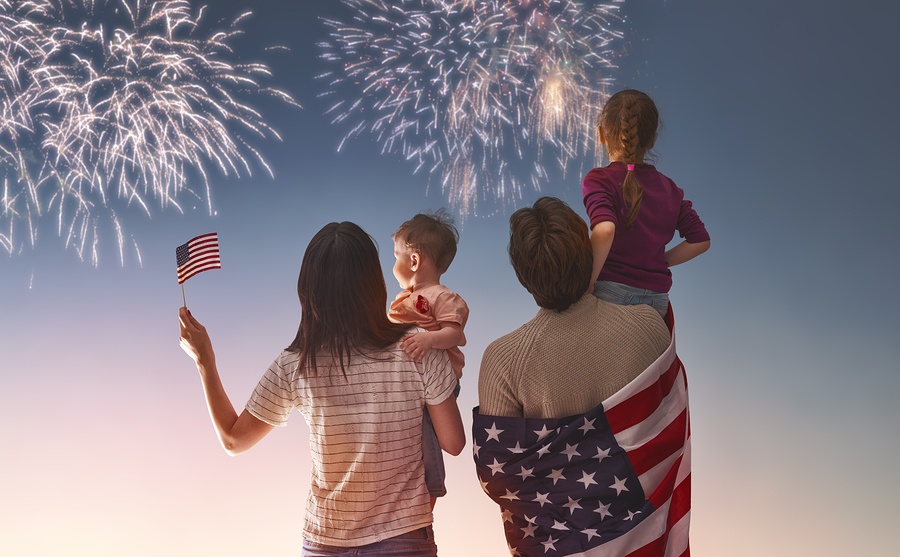
on%20a%20beautiful%20beach.jpg)

